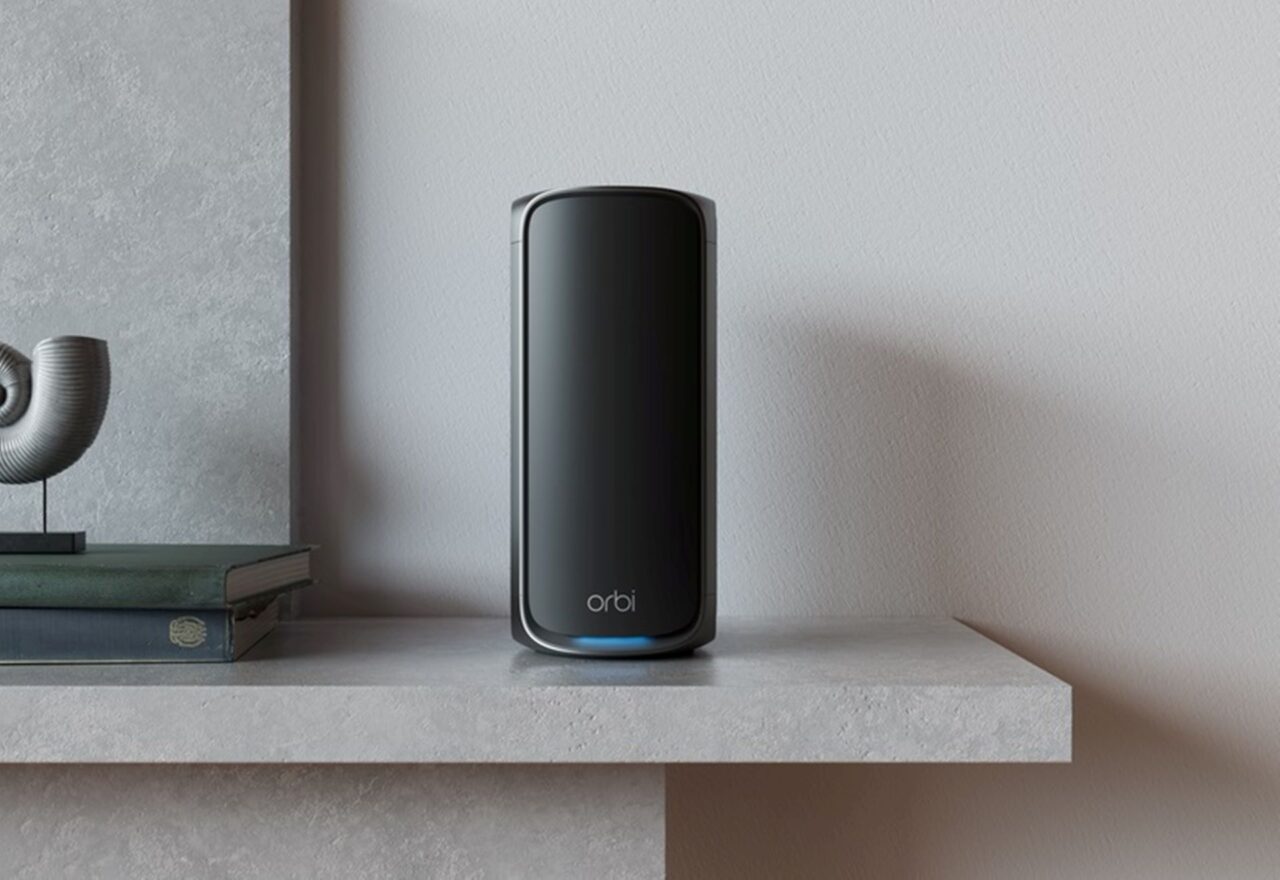The Department of Telecommunications (DoT) in India is currently considering the delicensing of the lower band of the 6GHz spectrum for Wi-Fi connectivity. This move is pivotal in paving the way for the introduction of Wi-Fi 7 technology in the country. Wi-Fi 7, also known as IEEE 802.11be, operates over 2.5GHz, 5GHz, and 6GHz bands and is set to bring substantial improvements in wireless access, including enhanced speeds, efficiency, and latency.
Key Highlights:
- Spectrum Delicensing: The DoT’s consideration of delicensing the lower 6GHz band will facilitate the use of Wi-Fi 7 in India.
- Speed Enhancements: Wi-Fi 7 routers are capable of delivering speeds up to 46Gbps, five times faster than the current Wi-Fi 6E.
- Increased Bandwidth: The bandwidth channels in Wi-Fi 7 are doubled to 320MHz, allowing for higher speeds and more device connections.
- Reduced Latency: Wi-Fi 7 significantly lowers latency, enhancing user experience in online gaming, video conferencing, and streaming.
- Multi-link Operation: This innovation allows simultaneous data transmission over 5GHz and 6GHz bands, increasing throughput and ensuring connectivity.

Marthesh Nagendra, Sales Director for India MEA South-East Asia Region at NETGEAR, highlights the transformative potential of Wi-Fi 7: “This technology represents a significant leap forward, addressing the needs of a hyper-connected world. With enhanced speed, efficiency, low latency, and advanced security features, Wi-Fi 7 redefines connectivity.”
NETGEAR is at the forefront of introducing Wi-Fi 7 in India, leveraging its robust channel network and business footprint in South Asia. The company’s Orbi 970 Series of Wi-Fi 7 mesh routers and the Nighthawk RS700S are examples of devices capable of providing speeds up to 10Gbps and 19Gbps, respectively.
Wi-Fi 7’s advancements include:
- High-Speed Data Transfer: Wi-Fi 7’s capability to deliver speeds of 46Gbps meets the demands of bandwidth-intensive applications such as VR, AR, and high-definition video streaming.
- Spectral Efficiency: The increase in bandwidth channels and advanced modulation techniques improve spectrum utilization and reduce network congestion.
- Enhanced User Experience: The reduction in latency provides a more seamless and immersive experience for various applications.
- Intelligent Band Utilization: Wi-Fi 7’s multi-link operation increases throughput and maintains connectivity even in dense network environments.
The introduction of Wi-Fi 7 in India is poised to revolutionize the way individuals and businesses experience wireless connectivity, meeting the growing demand for faster, more reliable, and efficient internet access.

























Add Comment